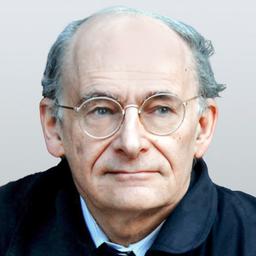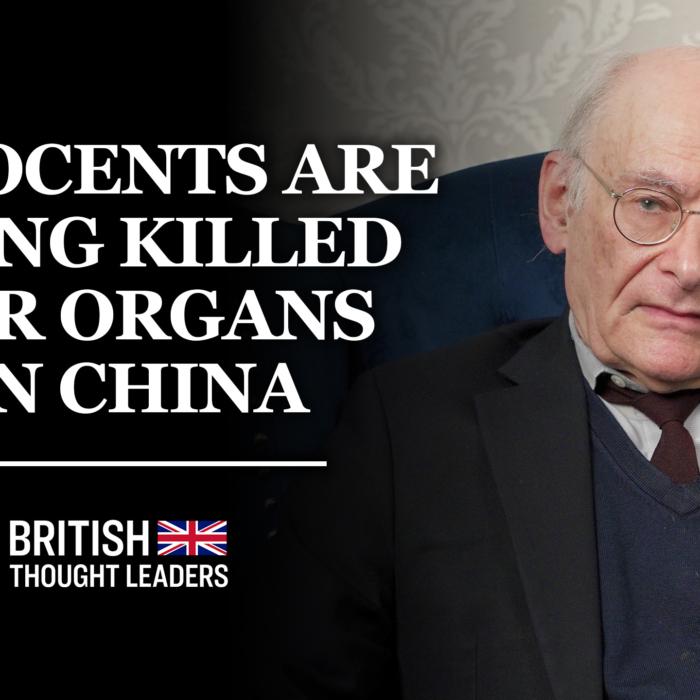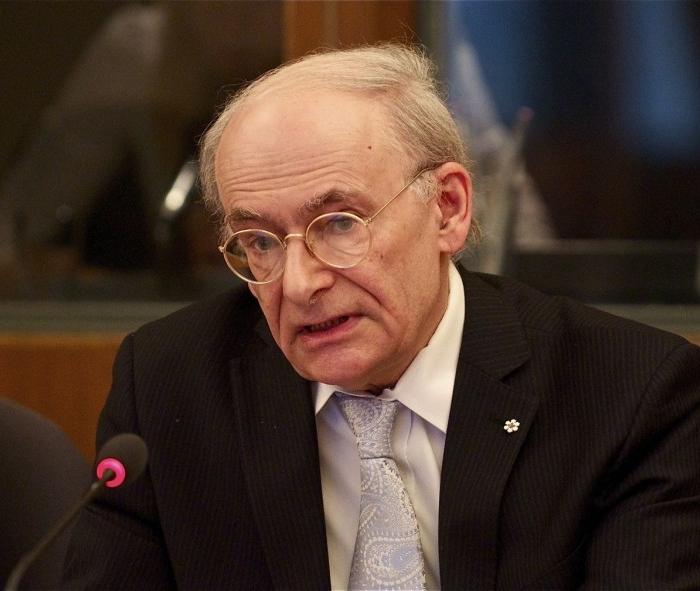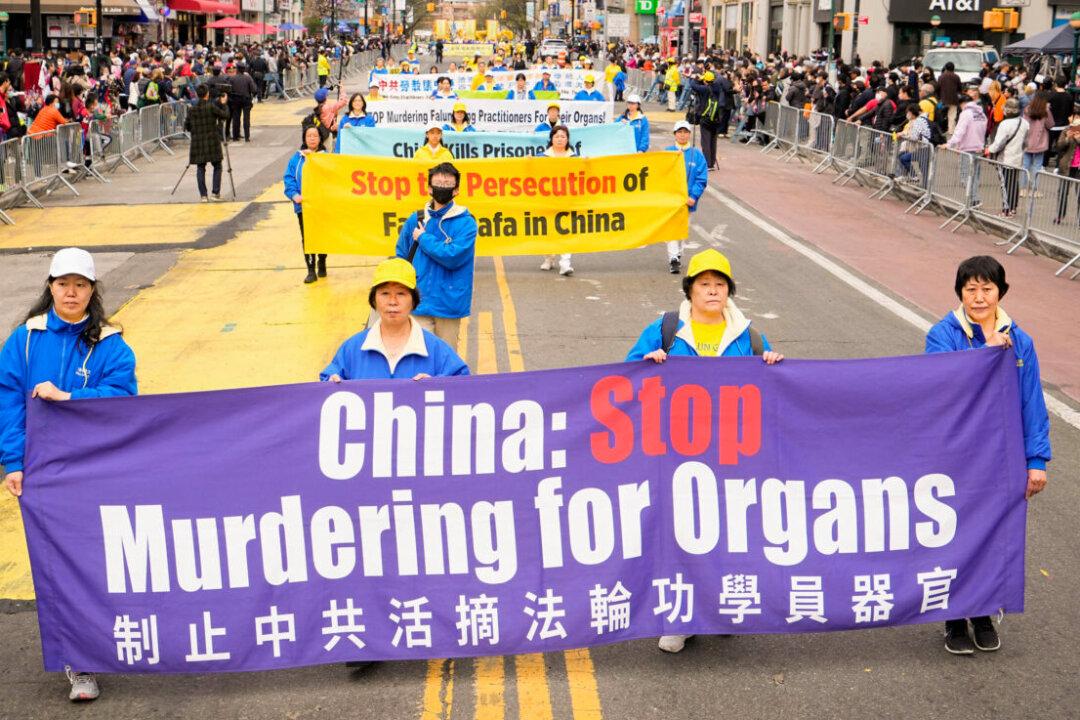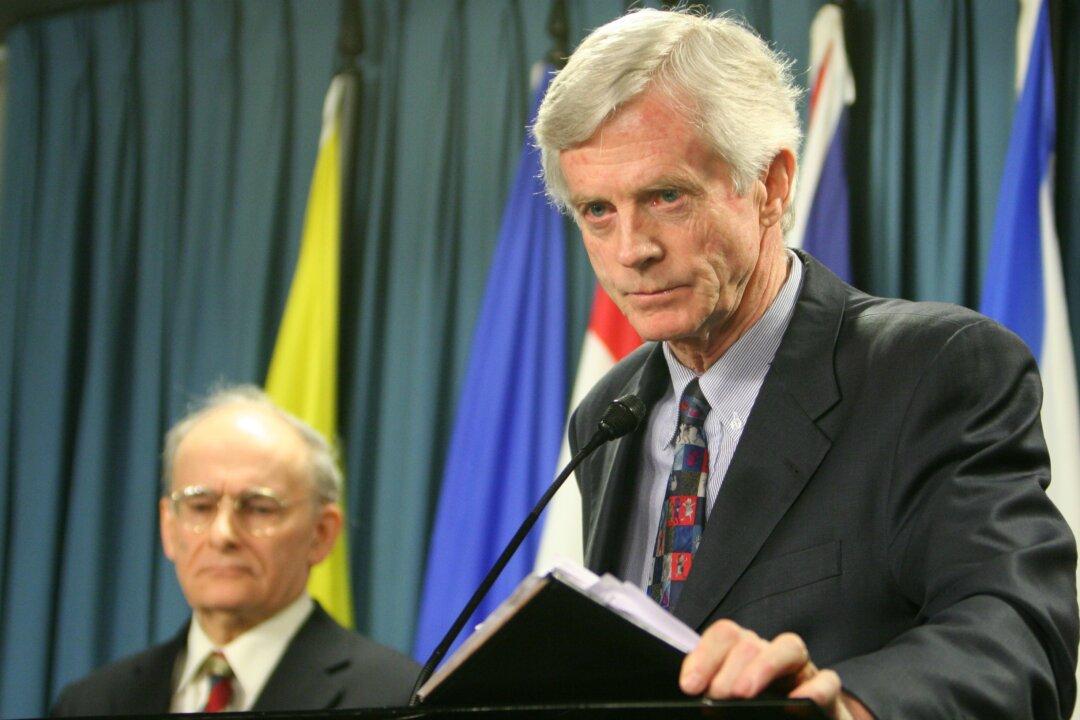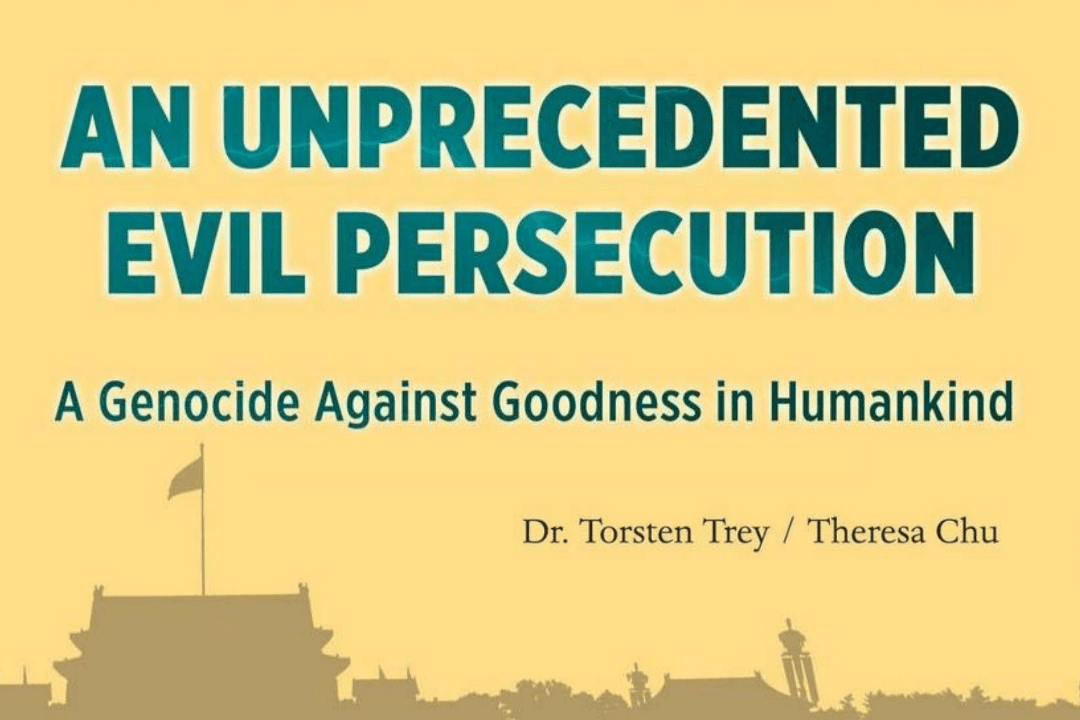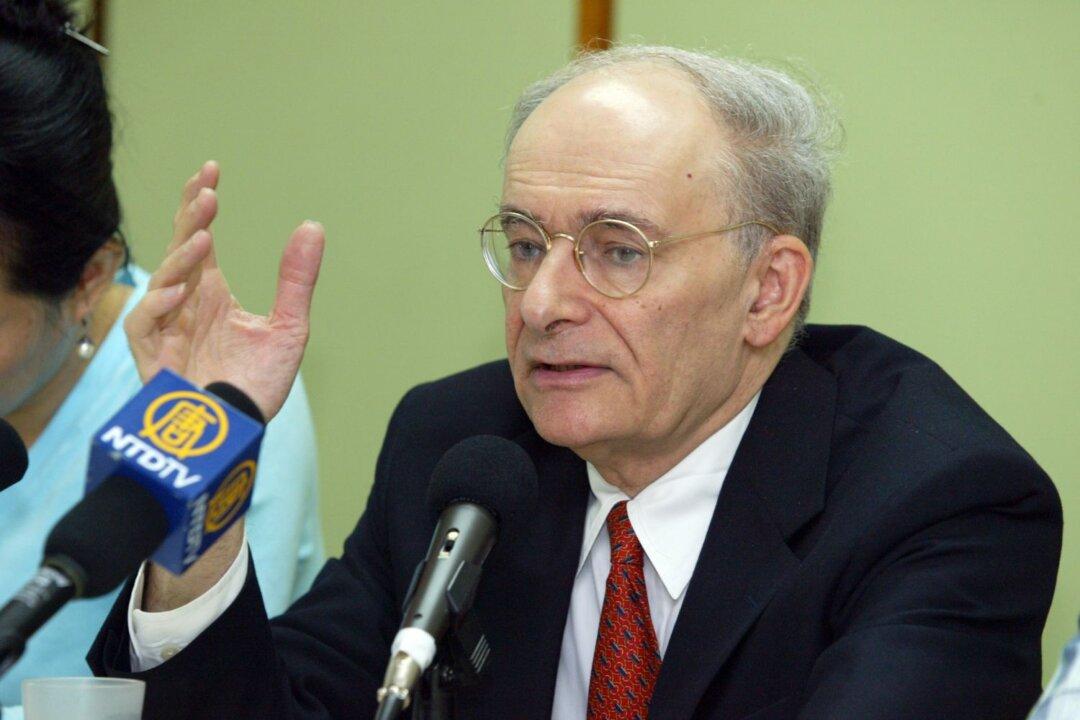The New York Times at one time had a reporter on its staff, Didi Kirsten Tatlow, who wrote a sequence of articles about organ transplant abuse in China. The list of her articles on the subject are provided at the end of this commentary.
“It was my impression the New York Times, my employer at the time, was not pleased that I was pursuing these stories, and after initially tolerating my efforts made it impossible for me to continue,” Ms. Tatlow said in her submission.
She continued: “Editors appeared to believe the organ donation issue in China had been solved by the state’s admission that they had used prisoner organs and its promise of Dec. 14 they no longer were doing so. I was told there was ‘nothing new’ to the story. Another editor commented, when I tried to broaden the investigation from death row prisoners to prisoners of conscience, based on my conversation with Dr. Chen and Dr. Tong described above, that people who believed that prisoner of conscience organs were being used were on ‘the outer fringes of advocacy’ ‑ that is, not rational. The usual arguments were presented, for example that Falungong are irrational and unreliable, and so on. It was clear to me the issue was unwelcome. I cannot be sure, but I suspect that this series of articles contributed to a decision by headquarters in February 2017 not to promote me, against the advice of regional editors. I left the paper in June 2017.”
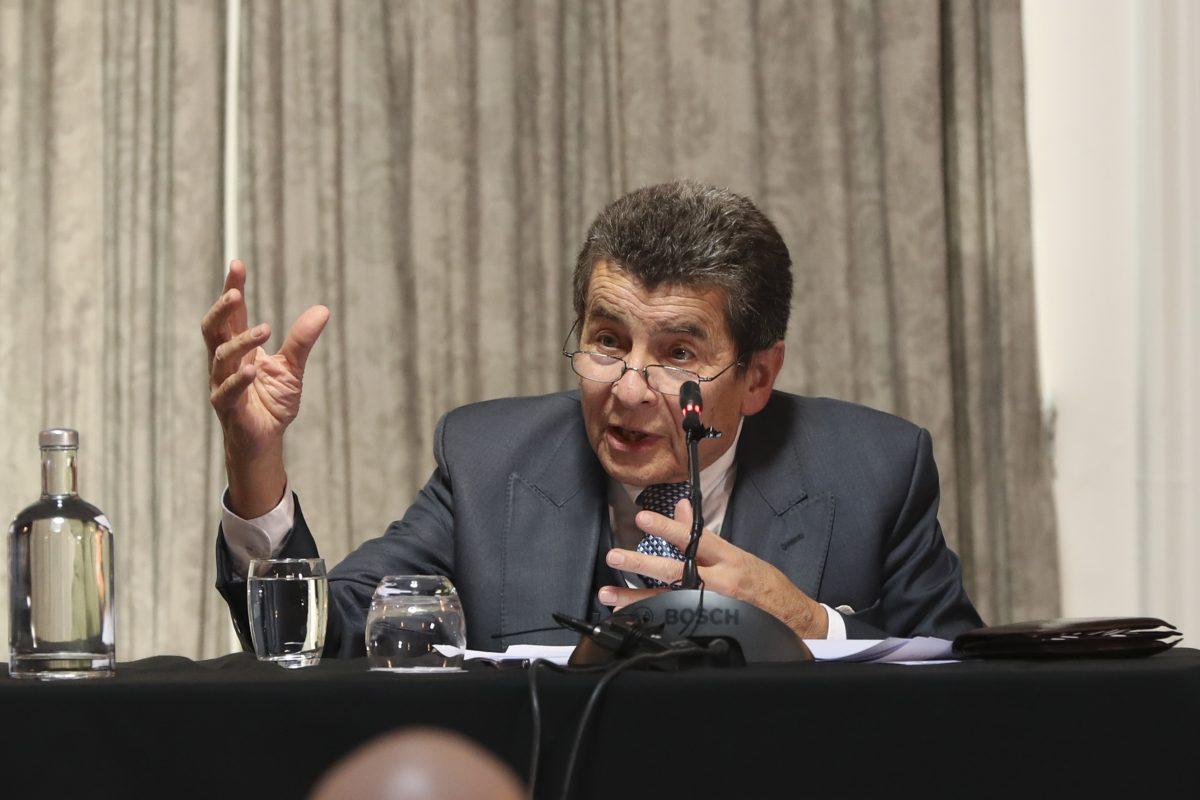
Earlier in her submission, Ms. Tatlow elaborated on her conversation with Dr. Chen and Dr. Tong.
“In early April 2016 I attended a Red Cross Society of China event at Beijing Hospital, where senior state health officials spoke about organ donation in China and commemorated organ donors. April 5th is Qing Ming, China’s day of the dead. Following the morning event I went to lunch with Dr. Chen Jingyu, a lung transplant surgeon from the Wuxi People’s Hospital whom I had written about previously. Dr. Chen brought along a friend of his from Beijing Hospital, a lung surgeon called Dr. Tong (Dr. Tong said he had previously conducted lung transplants but was not doing so at that time as his hospital had stopped doing the procedure.) Also present were a Chinese journalist from Global Times and a postgraduate student at Tsinghua University who said he was the head of a student organization there, researching medical issues. We were a party of 5,” she wrote.
“During the lunch Dr. Chen accused me of causing him a lot of trouble with my reporting. Recently organizers at a major heart and lung transplant conference in Washington D.C. had rejected a poster of his after initially accepting it, on the grounds that the research was based on death row prisoners. Dr. Chen did not deny this but said it was my fault for having caused him ‘trouble’ with my articles. I said, I had nothing to do with the poster, and if it was rejected due to involuntary donors such as death‑row prisoners then that was his responsibility, not mine. Dr. Chen asked, ‘But what are we supposed to do?’ I replied, ‘Don’t submit findings gathered from before you said you stopped using involuntary donors’ (i.e. Dec. 2014.) He looked at me as if to say, ’that’s impossible,’ but said nothing further to me on the topic.”
She continued: “During this conversation Dr. Tong was listening carefully. He turned to Dr. Chen and the following is a verbatim record of their brief conversation, from memory, which I wrote down immediately afterwards (the lunch was not a reporting event.) Dr. Tong: ‘Prisoners can’t be used?’ Dr. Chen: ‘No (we) cannot use (them).’ Dr. Tong: ‘What about prisoners of conscience?’ Dr. Chen: ‘Can’t use any of them.’ Dr. Tong looked down at the table and said nothing further. Dr. Chen also fell silent.”
This conversation took place in Chinese, and was translated in the submission. The doctors appeared unaware that the reporter knew Mandarin.
Ms. Tatlow’s statement that The New York Times editorial staff dismissed the evidence of mass killing of prisoners of conscience in China for their organs—evidence which exists beyond any reasonable doubt—as “the outer fringes of advocacy” is troubling. The reasoning of the editor with whom the reporter discussed the matter that “Falungong are irrational and unreliable” is mistaken from a number of perspectives.
One is that the research on organ transplant abuse in China with prisoner of conscience of victims comes mostly from non-Falun Gong practitioners relying mostly on evidence that does not emanate from the Falun Gong community. Even the evidence which comes from within the community is mostly corroborated by outsiders. Neither I, nor David Kilgour, nor Ethan Gutmann, nor any of the seven members of the China Tribunal are or ever were Falun Gong practitioners.
Secondly, Falun Gong is a huge movement, starting in China, with an estimated 100 million practitioners before it was repressed in 1999, and since spreading worldwide. Calling irrational and unreliable such a large group of people who have nothing in common other than the exercises they practice and a foundational, publicly available set of spiritual beliefs, which have nothing to do with organ harvesting, is itself irrational and unreliable, and a form of bigotry.
Equally troubling is Ms. Tatlow’s statement that The New York Times did not want her to report on this abuse even though she had—and the Times knew she had—hard evidence it was happening from personal experience: the admission of a transplant doctor with whom she spoke. On top of all that is her attributing to the reporting she had already done on organ transplant abuse in China her failure to receive from the Times headquarters the promotion within the paper which her regional editors had advised.

